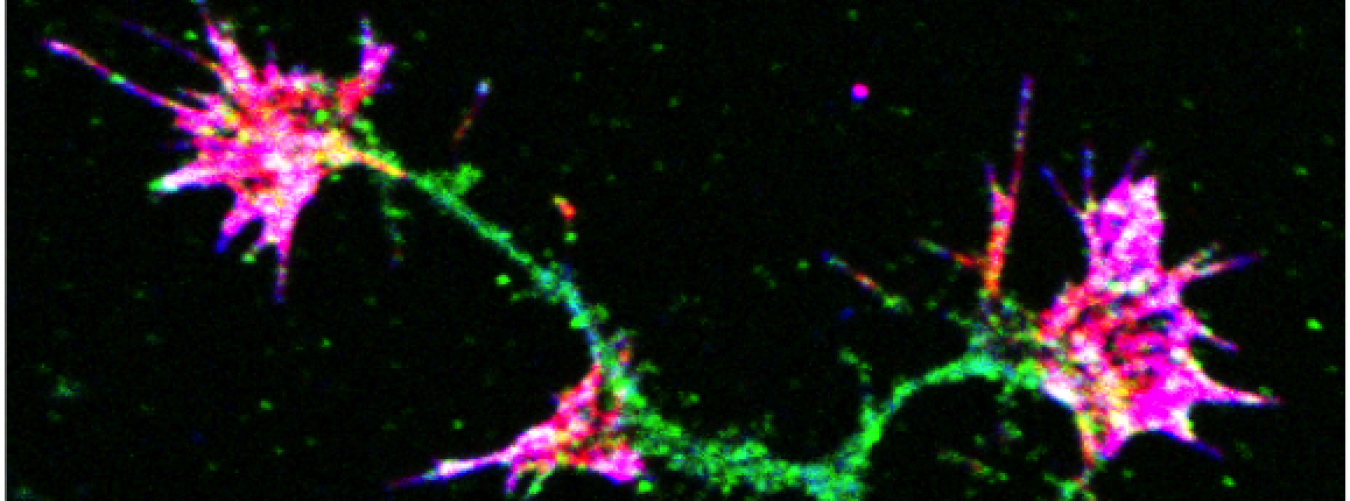
18 April 2018
A new study from Prof Keevil and colleagues from biological sciences at the University of Southampton, have investigated the viability of pathogens following chlorine washing of salad leaves.
Chlorine, commonly used in the agriculture industry to decontaminate fresh produce, can make foodborne pathogens undetectable according to new research led by the University of Southampton. The study, titled ‘Viable but nonculturable Listeria monocytogenes and Salmonella enterica Thompson induced by chlorine stress remain infectious’ has been published in mBio, the lead journal for the American Society for Microbiology.
As a consequence of the research one of the collaborators, Vitacress Salads, has become the first UK company to obtain supermarket approval to sell fresh produce washed in spring water without chlorine.
This important work is a major breakthrough, after 100 years of relying on chlorine to sanitise foods and drinking water, and may explain the many unrecognised or untraceable disease outbreaks relying on the gold standard of culture recovery,” said lead author Professor Bill Keevil, Head of the Microbiology Group at the University of Southampton.
Click here to find ou more about the study on the Sussed website.


